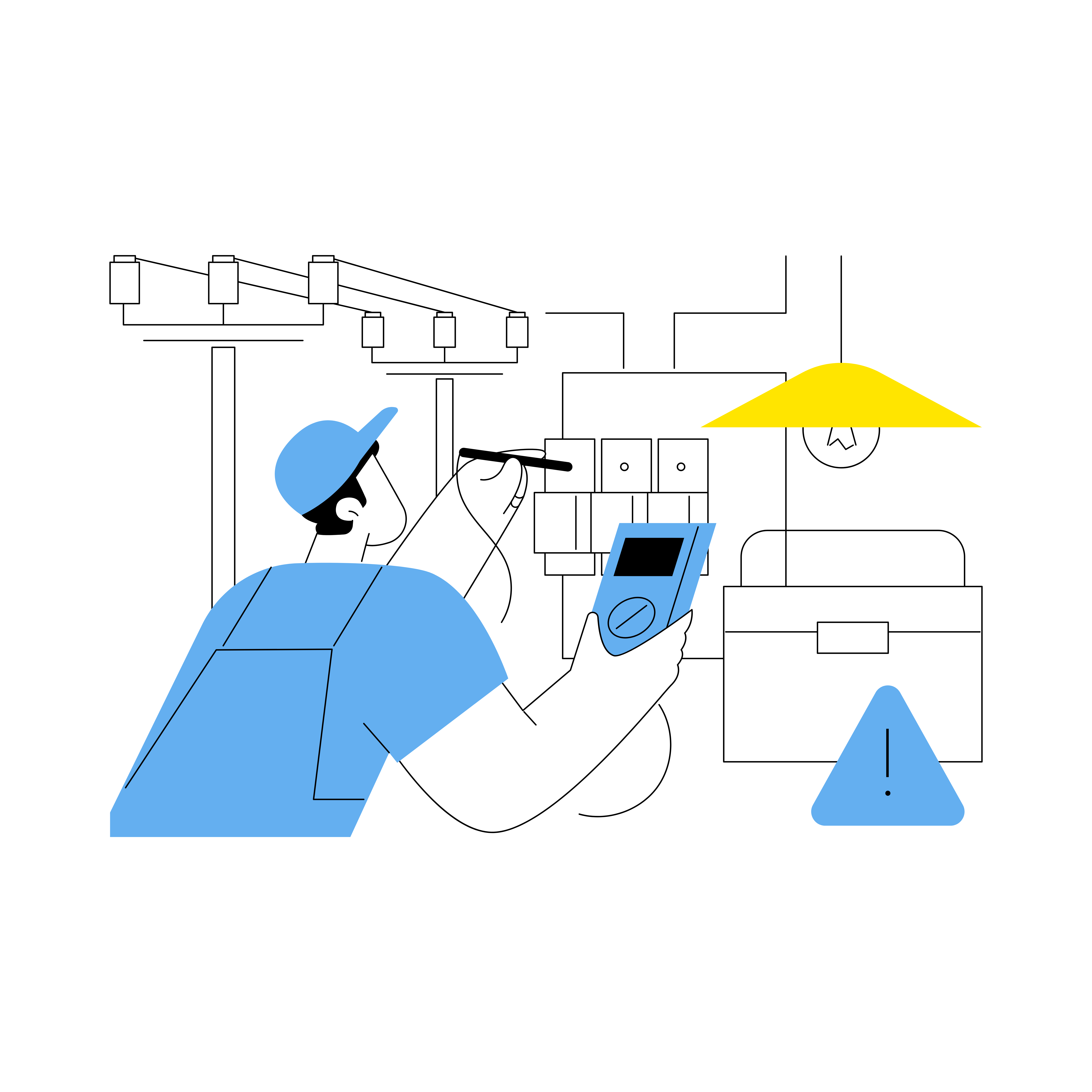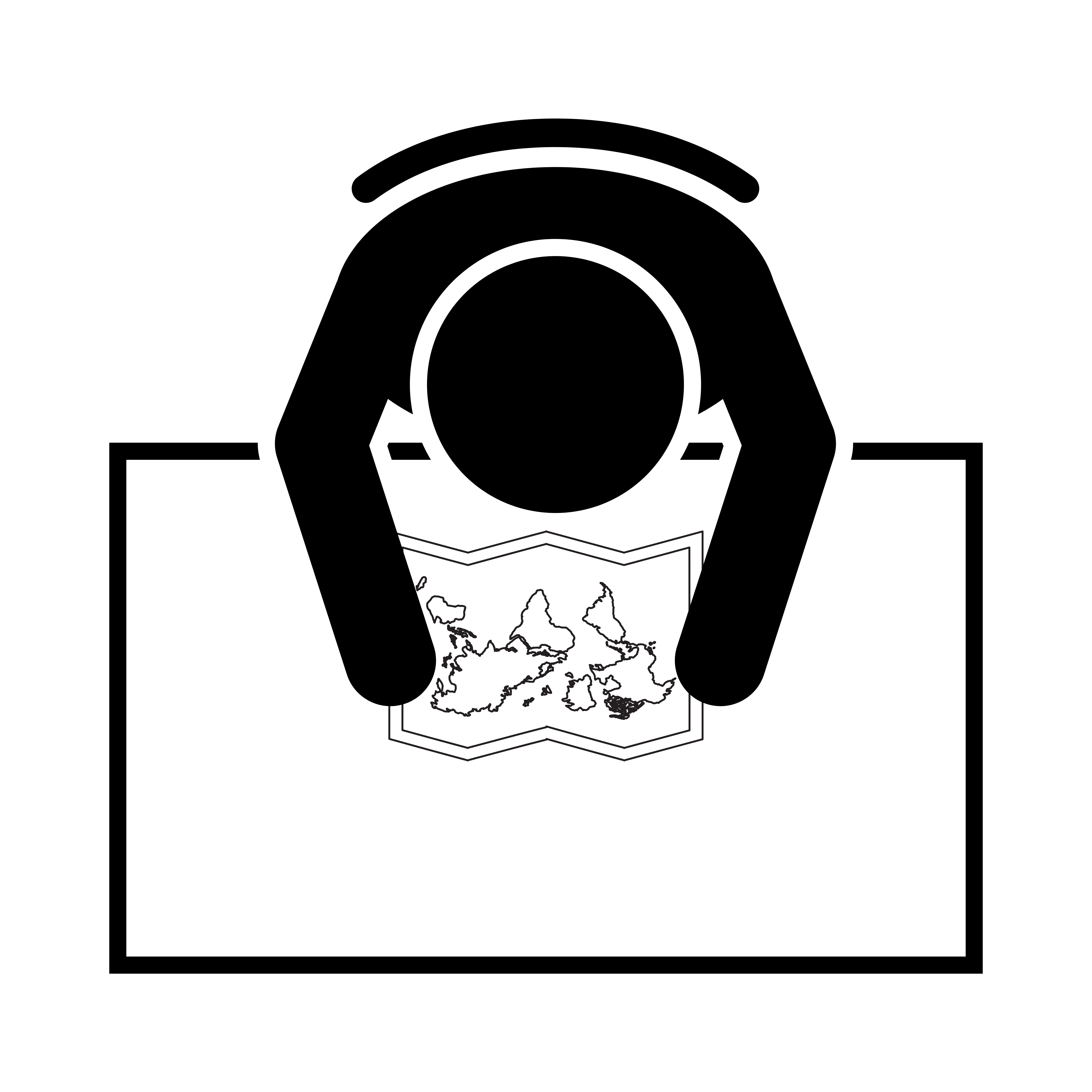Join me...
Acing your Apprenticeship Interview
Hi,
I’m Alix and it’s my mission to help as many of the next generation as possible work in jobs that meet their passion and purpose, making them happy and fulfilled adults. Providing support and hand holding where they may not have any.
Join me today as we delve into hints and tips to help you ace your apprenticeship interview, increasing your chances of securing your step on the ladder to your dream job, whilst suggesting what you could look out for while you’re there to confirm you’re in the right place.
So, grab a snack and let’s get down to it.

Assuming (as you’re reading this article) you’ve decided that securing an apprenticeship is the right path for you, considered your strengths, any weaknesses, your end goal and what type of work you’re keen to get up and go into every day, you will already know what type of apprenticeship is right for you.
Note: it may be that more than one type of apprenticeship excites your interest and, if so, apply to all. This will keep your options open, and you only have to make a final decision once you’ve received offers.
Having said this, if you aren’t keen on one or other, don’t hold up a place for someone else – possibly ruining their dream. For instance, if you want to be an electrician, don’t apply for a plumber’s apprenticeship (though both are valuable and always sort-after skills).

After completing any application process, depending on where you are with your career, you’ll have listed any past jobs, or simply your grades, or predicted grades, and any extracurricular activities you did at school and submitted your CV with a compelling cover letter, all playing a significant role in an employer’s decision process.
Depending on what they are, the extracurricular activities (if you’re just leaving education) or your hobbies, can demonstrate that you have commitment (especially those that mean attending once a week - whatever the weather) and/or are a team player (demonstrating you
can work with others to achieve the best end result – perhaps that golden goal you scored), both attributes employers are likely to be looking for.
But an interview offers you the unique opportunity to stand out from all the other potential employees whose applications sit in front of them and allows you to make a lasting impression, ready for when they make a decision.

So, together, let’s make sure your interview is simply the best.
Acing your interview…
Mastering the art of acing an interview requires preparation, confidence, and effective communication skills.

However, the interview is also a two-way process – it’s your opportunity to meet the employer, usually on their home ground. With luck, get a feeling about the character of the person who’s going to train you.
When you’re working as an apprentice, you work very closely with this person and it’s crucial that you can get along with them, want to learn from them.
If there’re any hints that you can’t, complete the interview, but, if offered the position, think carefully about taking the job unless you’re sure you can get over any red flags.

Any hesitation on your part at an interview could hint at not having a good working relationship from day one.
Further, being careful to only take jobs that are right for you, could prevent you from having a short-term job on your CV possibly implying to future employers that either you’re a job hopper or that you aren’t committed to the profession. This could mean that they’re unlikely to spend time training you in case you walk away.
You may not always get the chance to explain what happened in person and, possibly more importantly, if it’s because, in your opinion, your ex-employer should never have become a boss, it could be difficult explaining it away.

Never bad-mouth a former employer or teammate to a potential employer. No one wants to hire someone who could prove disruptive.
You already know that I want you to want to go to work in the mornings keen to learn what you can that day. Work with a mentor who inspires you.
Sure, you could learn how not to be an employer or mentor from a bad manager, but, at worst, the cost of working for a bad boss could both destroy your confidence and leave a lasting impression on your mental health.

But going back to the interview our starting point is you…
Appearance…
Personal hygiene is, naturally, important. Make sure your hair is washed, nails clean, your clothes and shoes/trainers presentable.
Avoid strong perfumes or body sprays – they’ve been known to induce headaches in the people interviewing - not the lasting impression we want to leave them with.
Think about what you’re going to wear in advance.

Make sure your clothes are clean and ready to slip on - you don’t want the stress of having to sort these out when the bus you’re catching is on its way.
Timing…
It goes without saying that you must not be late. If you can’t make it to one interview on time, how can any employer expect you to arrive for a job in a timely manner day after day?

When you’re paid from 8.00 am, you should be there and ready to start at 7.50 am.
So, check out the journey – be early, it can show contempt to be late, implying that the interviewer’s time isn’t important.
Additionally, it’ll give you time to look around, lessen stress as opposed to leaving you having to run to the interview, possibly making you red-faced and sweaty as you shake hands.
Body language…
Non-verbal cues speak volumes. Pay attention to your (and their) body language, as it can influence the overall impression you leave on the interviewers the same as theirs will on you.
Offer a firm handshake, maintain eye contact, and sit up straight.

These signals convey confidence and professionalism.
Etiquette…
Even if you know the interviewer’s first name, always address them as Mr or Ms, unless or until, they ask you to call them by their first name.
Listen carefully. What they’re saying is important, both so you know what’s expected of you so you can meet their expectations and so that you can ensure the job is the right one for you.
And smile.

A smile is a great equaliser, it transcends language barriers, age and gender but make sure it’s genuine and reaches your eyes.
Two-way interview…
Remember the two-way idea.
You want to fit in to avoid any stress generated by feeling an ‘odd one out’ so check out what the employer is wearing today.
Copy it if you decide to accept a job offer so you fit in immediately - you can always introduce any quirky fashion sense later, after you’ve proven your worth.

Work is a serious business and minimising anything that could be stressful from the very beginning will help.
Language…
What type of language is the interviewer using?
Conversational?
Are they too loud, or too quiet?
Do they have an accent and, if so, can you understand them regardless?
Note 1: when my daughter was studying for her GCSEs her science teacher had such a strong accent it was next to impossible to follow her. As my daughter was at an online school, she was able to record lessons and replay them later and, having listened in on a couple, I had the same issue. It could be that it would have been easier in a classroom setting, or if you had a strong interest in the subject, I don’t know.

Note 2: another example. I was in a café working on these articles and two men were sitting fairly close to me. One of them had an accent that I simply would have bottled up and taken home with me if I could, it was so very relaxing and memorable, and I could have listened to him reciting the telephone directory all day every day.
Note 3: last example (I promise) is that at my wedding my husband, who’s Scottish, gave the usual after dinner speech and the next person who stood up opened with, ‘my son has moved to Australia and I understand his wife easily, but I didn’t understand a word of what was just said and this from someone who grew up only 700 miles away!’

An accent is not a bad or good thing, but if you’re learning from someone, you must be able to follow their instructions to learn what you need to and, going back to the electrician job, keep safe.
Research, research, research…
Before stepping into the interview room, arm yourself with as much knowledge about the company as possible. Understand its background and study its website (if it has one). What type of jobs does the firm cover, basic, intricate?

This demonstrates a genuine interest and lets you know how much you can expect to learn.
Be genuine, ie ‘you’…
While it's natural to want to impress, remember that being genuine trumps perfection hands down.
Employers are looking for apprentices who will both fit and thrive with their work colleagues, and this requires you being yourself so that they see the real you.
Avoid giving answers you think the interviewer wants to hear; instead, provide natural, honest, responses that reflect your values and personality.
When they accept you, they’ll have already considered your fit with their other employees, which, in itself, will give you a confidence booster for your first day.

Craft your narrative…
Human beings are wired to connect through stories. Think of compelling incidents that demonstrate your character, resilience and adaptability.
If you can make the story an event where you worked with others to overcome a challenge all to the better as you’ll show you can work well with others.
Weave these stories into your responses, where you can naturally, to illustrate your points effectively.
The interview is a chance to tell your story, the one behind what's written on your application.

Reflect on your academic path, what led you to the interview, ie how you read articles from my website to be sure you’re heading in the right direction and know this is what you want to do. (Just a small plug for me!)
Consider experiences that have shaped you into the individual you are today.
Identify challenges you've faced, and overcome, and how they changed you.

Articulating your narrative will not only allow the interviewer to understand you better but also demonstrates your self-awareness and makes you more memorable.
Remember they could be interviewing many applicants, and you want them to remember you so make your stories outstanding.

Use subject specific terms and words where they fit in to demonstrate your understanding of them.
A well-told story can leave a lasting impression and provide the interviewer with a deeper understanding of who you are - let them know your personality.
Enthusiasm…
Passion is contagious.
Let your genuine excitement about what the job offers you to meet your passion and purpose shine through.
What attracts you about this particular job – talk about the bits that genuinely draw you.
Discuss your long-term plans. How you want to learn and practice with them, becoming more qualified as you go. If you don’t know your long-term goals, read my article (creatively) called ‘Why, How and What Happens When you set Goals’.

Enthusiasm not only makes you a memorable candidate but also indicates that you’re likely to contribute positively.
Highlight your strengths…
Don't be shy about discussing your strengths and accomplishments and impactful experiences.
However, remember to do so with humility focussing on how they contributed to your personal growth and your potential to contribute.

Prepare thoughtful questions…
Towards the end of the interview, you'll likely have an opportunity to ask questions.

Use this time wisely to demonstrate your interest and curiosity.
Ask questions that go beyond surface-level information, such as inquiries about specific opportunities, again, use subject-specific words.
Does the firm have partnerships with reputable companies and organisations?
What is the staff turnover? This will let you consider whether you are likely to keep the same mentor(s) throughout.
What happened to past apprentices?
Thoughtful questions not only showcase your engagement but also give you insights into whether the job aligns with your aspirations (again, the two-way thing).
Facilities…
Use the interview to check how up to date their facilities/tools are, ask what tools you may need to bring with you, or what they provide.

Employers should all provide insurance, but there are other important questions:

What are the working hours?

Holidays per year?

Travel arrangements (if you’re working for, say, an electrician) and jumping from one private job to another?

How and when will you get paid?
Practice, practice, practice…
Just like any skill, interviewing benefits from practice.
You could conduct mock interviews with family members, or mentors.

Practice answering common interview questions while maintaining a conversational tone and keeping your body language positive.
Practice will help you refine your responses, manage nerves and make you comfortable with the interview format, making it less scary on the day.
Ask for constructive feedback to improve your communication style and presentation.
Conclusion…
In conclusion, the interview is an invaluable opportunity to present yourself beyond your written application.
Remember that the interview is not only a chance for the employer to learn more about you but also for you to assess whether the job is right for you.
By conducting thorough research, relaying stories, practicing, demonstrating enthusiasm, highlighting your strengths, asking thoughtful questions, focusing on body language and being you, you can position yourself as a standout candidate.
Approach the interview with confidence and let your genuine self-shine.
With the right preparation and mindset, you can navigate the interview successfully and inch closer to your dreams.
Let me know how you’re getting on and, where possible, if we can help more.
Lastly, I wanted to both wish you luck and say that I know you can do it.
Success is within your grasp!
